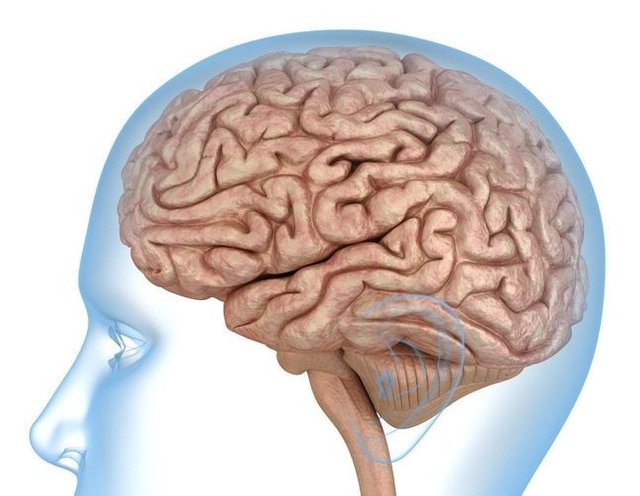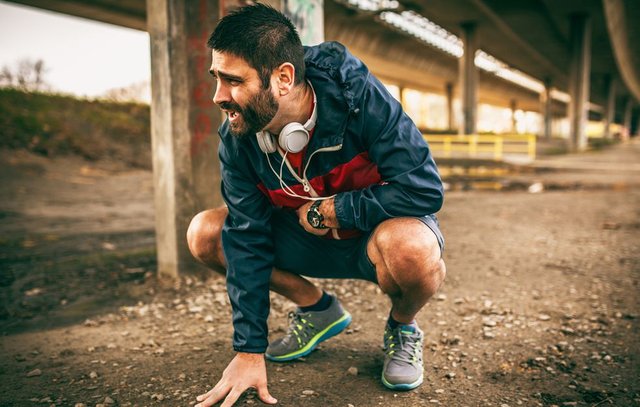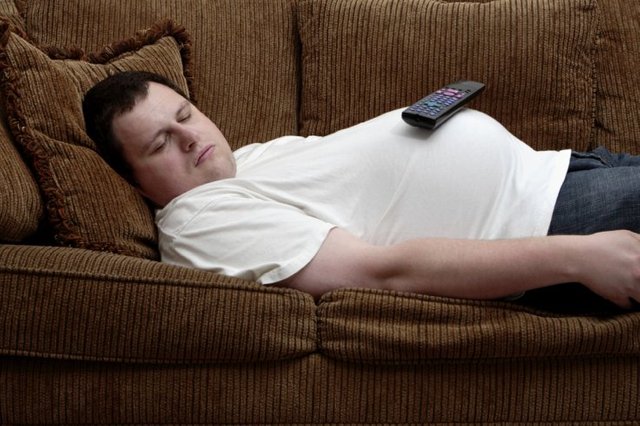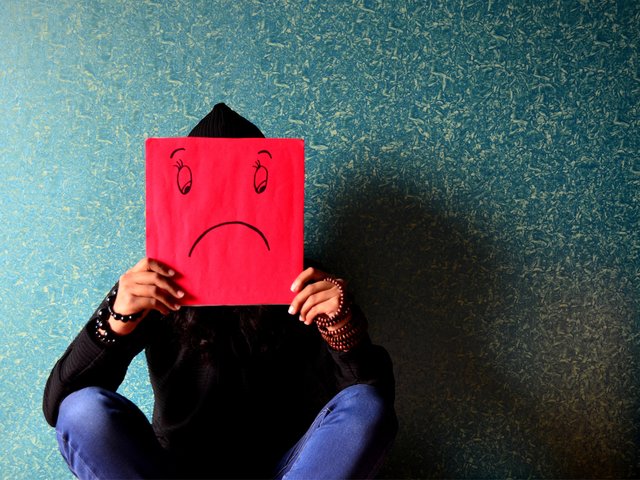What happens when you stop exercising.
Exercise is a physical therapy for your body, it heals your body from head to toe and replenishes you. Working out at least five days a week or at least one rest day for your body to recover is deemed mandatory by doctors to keep your body healthy. After all, a healthy body is crucial for a long, active life. But let’s face it, how many of us actually follow the doctor’s advice? The stress of our daily lives can seriously impact our physical health and our exercise routine. Hence why most people quit working out after a while either due to poor time management, stubborn needle on the scale that won’t bulge. During physical activities, you’re always prone to injuries if not carried out properly, a slight mistake can mean a few days rest or even weeks if you mess up bad.
While it might be a little break for you until you get back in the fitness game, there’s much more happening within your body than you think. These are some of the things that happen with your body when you stop exercising.
⦁ Your brain is affected
Least expected but the most obvious; your brain is affected by the halt in your workout routine. In a study published in; Frontiers in aging neuroscience, endurance runners were tested with a ten-day break from their activity. The MRI showed that reduced amount of blood was flowing to the hippocampus (part of the brain that deals with memory) as compared to when they were exercising daily. This also helps prove exercising daily can boost your memory. Inactive periods can also mess with your brain psychologically and induce depression and stress. Exercise is a natural stress reliever and releases a large number of endorphins when your workout finishes, making you feel accomplished and good. Unfortunately, that’s only the charm of regular activity, longer inactive periods can cause stress and depression and make you feel bad about yourself due to lesser release of endorphins.
Your stamina will take a massive toll
Forget running a mile in under 10 minutes or jogging endless laps of the running track, despite how long you’ve been running, inactivity will make you suffer on your first day on the track after a break. Just in two weeks, the maximum amount of oxygen available for your body to utilize will drop by 10%, two more weeks and you’re down to 15% and by the third month, 20% of the maximum amount of oxygen available will drop. You will catch breath much easier and will fatigue faster. If that’s not enough, your blood pressure and blood glucose levels will also rise.
You will lose both strength and progress
Remember the endless hours you’ve dedicated towards fitness and health? Well forget it. Within a week of quitting physical activity, the muscles that you’ve built through lifting will start shrinking. Muscles need constant fuel to grow, that fuel is delivered when you lift. In a week, you will notice your muscles shrink and overall lose your strength in the days to follow. While shrinking muscled may not mean losing strength but if the inactivity period is prolonged. Both muscle strength and muscle size will suffer and hence put water on all your progress and effort.
You will pile on pounds
Following the last point, there is one thing you will not lose and that is fat. Obviously after you’ve quit your exercise, chances are you will not follow your diet for too long either. This means you’re not allowing your body to burn calories as efficiently and quitting the diet only adds to the diet. You’re not just only burning less calories but you’re also consuming more calories. Now that’s a recipe for a disaster. In a study published in the, Journal of strength and conditioning research, regular swimmers encountered a 12% increase in body fat just by quitting the activity for five weeks. Daily exercising also boosts your metabolism, inactivity will affect your metabolism and take longer to digest food.
You will be cranky, lazy and sad
Just an eventual activity like a swim, a climb or a long walk excites you and makes you feel happier. Physical activity of any sort requires you to put your muscles into work and exert your strength, as a result, your brain releases endorphins at the end of your session to make you feel better and confident. Quitting that means, you’re quitting the exertion of your muscles too, resulting in laziness. As mentioned in the first point, your brain will then release less endorphins and will develop a sadder, lazier image of yourself within your eyes. Restraining from physical activity not only causes physical damage but it also greatly affects your confidence and self-esteem too.
Exercise keeps your body healthy and active, quitting it will greatly affect you physically and mentally. So spare some time from your daily lives for fitness and your body will thank you.




Those are very important suggestions. But one that's so easily ignored or forgotten in place of other priorities.
You have recieved a free upvote from minnowpond, Send 0.1 -> 2 SBD with your post url as the memo to recieve an upvote from up to 100 accounts!